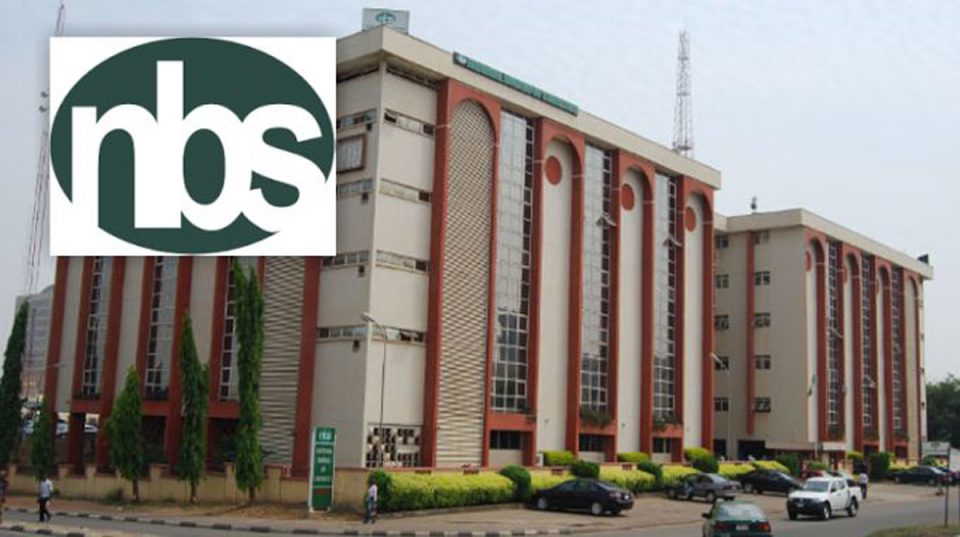The National Bureau of Statistics’ (NBS), says there is slight reduction in corruption incidences in Nigeria in 2019.
The NBS said this in its report tagged “Corruption in Nigeria: Patterns and Trend 2019” released on Friday in Abuja.
The report indicated that out of all Nigerian citizens who had at least one contact with a public official in the 12 months prior to the 2019 survey, 30.2 per cent paid a bribe to, or were asked to pay a bribe by a public official.
The report said that although still relatively high, the prevalence of bribery in Nigeria had undergone a moderate, yet statistically significant decrease since 2016 when it stood at 32.3 per cent.
It explained that three out of the country’s six zones (North-East, North-West and South-West) had recorded decreases in the prevalence of bribery since 2016.
According to the NBS, the North-West is experiencing a considerable and statistically significant decline in the prevalence of bribery from 36 per cent to 25 per cent.
It added that the two other zones recorded smaller decreases, stating that by contrast, the North-Central, South-East and South-South zones recorded further increases in the prevalence of bribery from 2016 to 2019.
The NBS said the prevalence of bribery had decreased but frequency of the bribe paying had not.
“Although, a smaller percentage of Nigerians that had contact with public officials paid bribes or were asked to pay bribes, those who did pay bribes continue to do so quite frequency.
“In 2019, Nigerian bribe-payers paid an average of six bribes in the 12 months prior to the survey, or one bribe every two months which is virtually the same as the average of 5.8 bribes paid per bribe-payers in 2016.
“As a result, it is estimated that some 117 million bribes are in Nigeria on yearly basis and equivalent of 1.1 bribes per adult, ” NBS explained.
The report indicated that the 2019 survey showed a notable increase in the number of Nigerians who came in contact with public officials since 2016 from 52 to 63 per cent.
It added that this development could be interpreted as a positive trend for the provisions of public services in the country.




